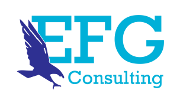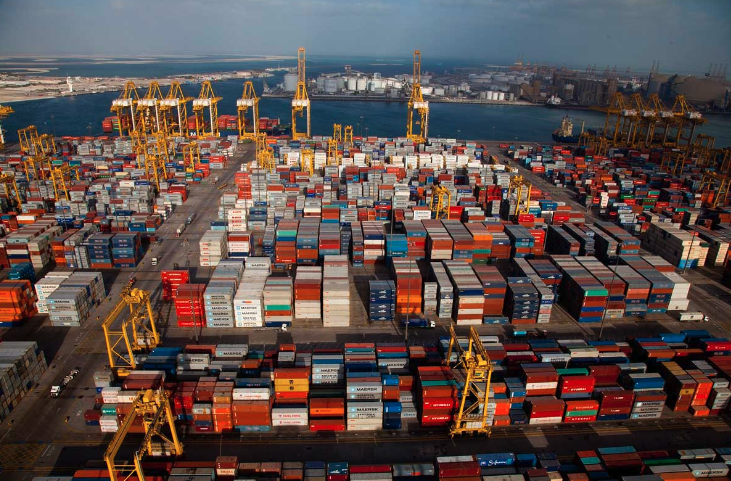As part of its efforts to support UAE’s non-oil trade and export, Etihad Credit Insurance issued secured guarantees covering AED6.7 billion in international trade, AED7.6 billion in domestic trade
The UAE has achieved a 17 percent increase in its non-oil exports in the first quarter of this year, a senior minister said.
The Ministry of Economy intends to further diversify the UAE’s export markets during the next phase of its growth strategy, Abdullah bin Touq Al Marri said.
The minister was speaking at the second board meeting of Etihad Credit Insurance (ECI), the UAE Federal export credit company.
The virtual meeting discussed key economic performance indicators until May this year, along with its achievements in promoting domestic, regional, and international trade in terms of strengthening the UAE’s economic diversification, industrial, and non-oil export strategies.
Al Marri applauded ECI’s outstanding achievements in the first five months of 2022 with substantial contributions to the UAE’s economy, active participation in government initiatives, and its strong resolve to support UAE businesses and boost their competitiveness in foreign markets.
“In line with the UAE leadership’s directives, Etihad Credit Insurance works under the comprehensive vision for the national economy that seeks to enhance economic diversification efforts and develop national non-oil exports,” the minister said.
Al Marri said ECI, through various undertakings, collaborations and trade credit solutions, has supported SMEs by opening new markets and improving their competitiveness to support economic diversification policies and achieve the UAE vision and directions for the next stage of development.
ECI has issued 7,307 revolving credit guarantees with a total guaranteed exposure of AED 4.8 billion, equivalent to AED 14.4 billion worth of short-term insured non-oil trade to over 111 countries as of May 2022.
As part of its efforts to support UAE’s non-oil trade and export, ECI has issued secured guarantees covering AED 6.7 billion in international trade, AED 7.6 billion in domestic trade, AED 1.2 billion in medium/long-term trade and AED 1.3 billion in political risk insurance, benefiting 15 growth sectors.
The top sectors that benefited from ECI’s support include logistics (18 per cent), electrical equipment and electronics (18 per cent), machinery and equipment (16 per cent), metal industry (12 per cent), petrochemicals and chemicals (9 per cent), heavy industry (7 per cent), financial services and banks (6 per cent), pharma and healthcare (4 per cent), food and beverage (4 per cent), among others.
ECIs secured non-oil trade extended to each emirate for the past five months is as follows: Abu Dhabi (AED 1.9 billion), Dubai (AED 9.9 billion), Sharjah (AED 1.5 billion), Ras Al Khaimah (AED 504 million), Fujairah (AED 102 million), Ajman (AED 282 million) and Umm Al Quwain (AED 159 million).
Also, the key destination countries for UAE’s exports and re-exports protected by ECI’s trade insurance coverage stretched across UAE, Kingdom of Saudi Arabia, Egypt, India, United Kingdom, Oman, Kuwait, United States, Italy, and Ghana.
At the meeting, the board also discussed ECI’s strategy for 2022-2026, which aims to develop non-oil exports to the UAE and provide solutions to challenges related to trade credit insurance or project financing solutions with a focus on SMEs and improving their export opportunities.
SOURCE: arabianbusiness.com

